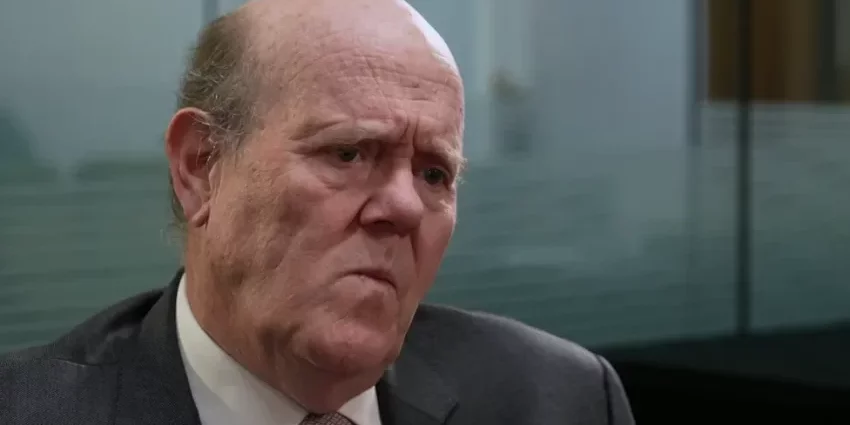Rupert Soames, the newly appointed head of the Confederation of British Industry (CBI), voiced concerns over the organisation’s survival in the wake of recent controversies.
Soames acknowledged the “reputational disaster” that has rocked the CBI following allegations of rape and sexual assault, leading to the departure of several prominent members such as John Lewis and BMW.
Despite the challenges, Soames emphasized the CBI’s enduring importance in advocating for business interests. He highlighted the organization’s role in securing tax breaks for UK businesses and influencing government policies, including additional free childcare in England.
Addressing the fallout from the dismissal of former director general Tony Danker, Soames stressed that the CBI remained committed to its mission, with 80% of former members having returned. However, some dissenting voices questioned the organization’s relevance during its absence from the UK civic landscape.
Financial difficulties compounded the CBI’s troubles, prompting staff layoffs, office closures, and emergency financing measures. While acknowledging the uncertainty surrounding the organisation’s future, Soames expressed confidence in its resilience, likening its situation to that of a small and medium-sized enterprise navigating financial challenges.
The CBI’s relationship with the government has been tumultuous, with past tensions exemplified by former Prime Minister Boris Johnson’s dismissive remarks towards business concerns. However, Soames noted a recent thaw in relations, with both Conservative and Labour parties recognizing the importance of business in driving economic growth.
Despite the presence of specialized business groups catering to specific industries, Soames underscored the unique role of the CBI, asserting that its existence remains essential in advocating for broader business interests.
As the CBI navigates its way through adversity, Soames remains steadfast in his belief in the organisation’s enduring significance, even in the face of uncertainty.











